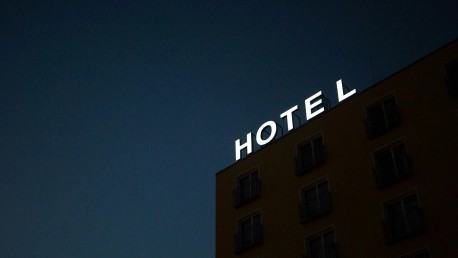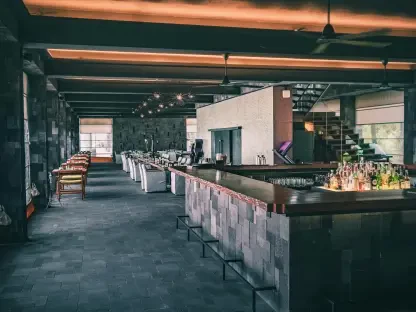In the hospitality sector, prices typically follow the classic supply and demand curve. However, an intriguing report from the Daily Dot suggests something unusual—hotel rates remain high even as many rooms stay vacant. This pattern hints that there may be more influencing prices than just market forces.The investigation raises the possibility of collusion among hotel industry giants to keep prices artificially high. If true, this behavior could conflict with competition laws, potentially harming consumers and distorting market equilibrium. The report calls for a deeper look into the hospitality industry’s pricing strategies, suggesting secret agreements may be in play.
The Puzzle of Persistently High Hotel Rates
Despite the expectation of fluctuating prices, travelers often face consistently high rates for accommodations, seemingly unaffected by the number of vacant rooms. The article presents a situation where empty lobbies do not correlate with cheaper stays. This pricing rigidity raises questions about the application of market laws.Industry patterns show hotels maintaining profitability, despite average occupancy rates below two-thirds, suggesting high costs might either cover inefficiencies or, more worryingly, be part of a larger strategy among hotels to protect their profit margins.
Uncovering the Alleged Price-Fixing Conspiracy
Central to the high prices might be a covert agreement among hotel chains. By using third-party platforms to share sensitive pricing information, hotels may coordinate their rates. Reports suggest that major chains like Hilton and Marriott may not be competing on prices as expected. Whistleblowers have come forward, allegedly with evidence of hotel execs agreeing to maintain high prices, which, if true, would violate antitrust laws.
The Mechanism of Price Coordination Among Competitors
Tools like STAR reports are used by hotels to monitor competitors’ occupancy and pricing, leading to concerns that these insights enable price coordination. While appearing benign, this shared information might actually facilitate systematic control over pricing, hindering true competition and the potential benefits to consumers.
Legal Challenges to the Pricing Strategies
Legal scrutiny has intensified, with a class-action lawsuit filed in the Northern District of Illinois against the alleged price-fixing cartel. The lawsuit seeks reparations for customers, who, it contends, have been overpaying under the illusion of market-driven prices. A verdict against the hotels could significantly impact both consumer rights and hotel pricing strategies.
Inside Perspectives: Whistleblowers and Eyewitness Accounts
The article includes testimonies from industry insiders who describe secretive practices used to maintain price parity with competitors. These accounts provide tangible evidence to support suspicions of a coordinated effort to keep hotel rates high.
Implications for Consumers and the Hospitality Industry
If collusion is indeed taking place, it suggests consumers are overpaying for hotel stays, placing undue pressure on their travel finances. The implications for the hospitality industry could include reputational damage and financial penalties. The issue also raises questions about transparency and fair pricing.
Moving Forward: Impact and Response to the Allegations
The hospitality industry’s future may be influenced by the lawsuit’s outcome. The article concludes with a call for vigilance and shared insights that could lead to fairer pricing and potentially even remedies for affected travelers. The final message emphasizes the need for ongoing awareness and advocacy for fair pricing practices in the industry.









